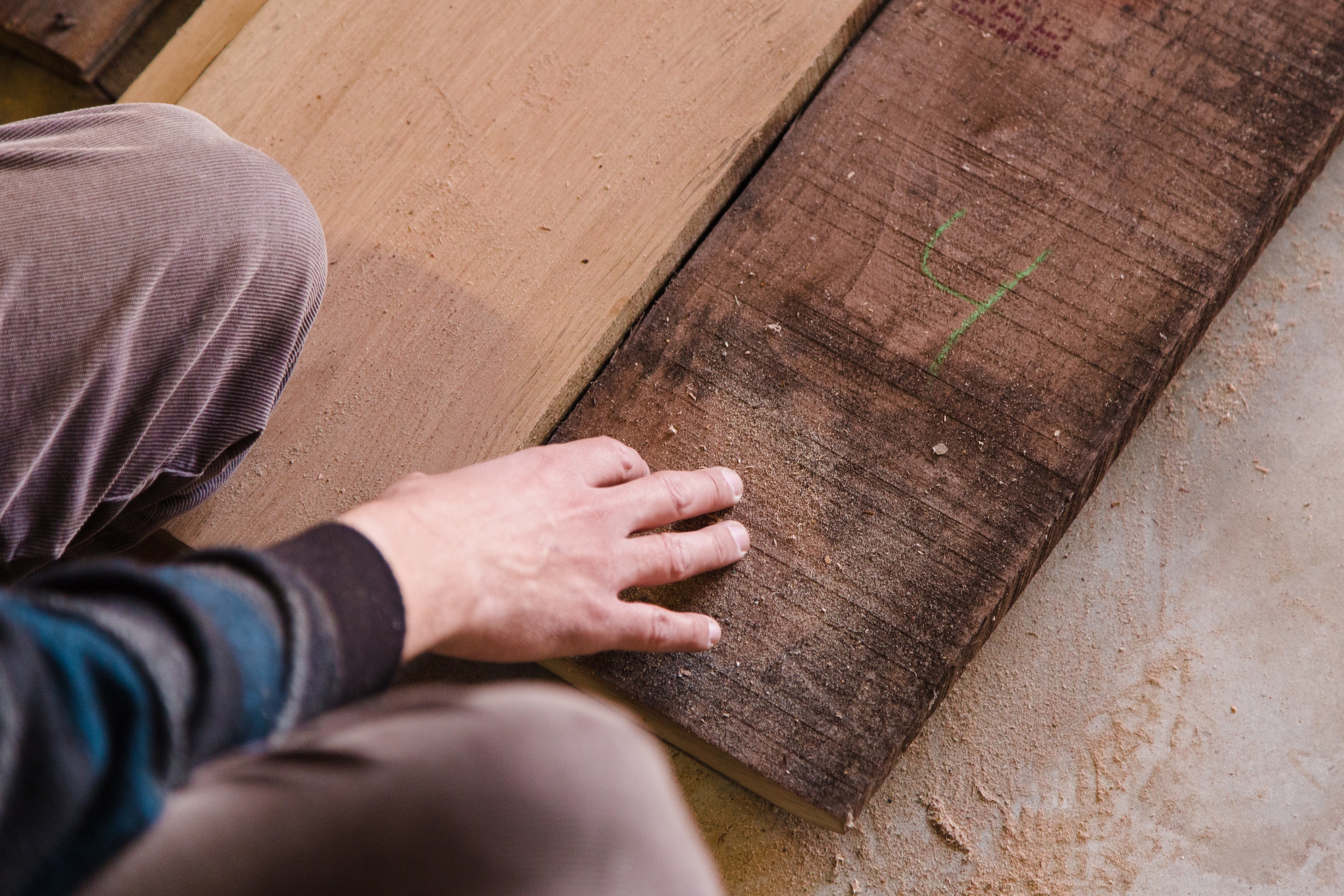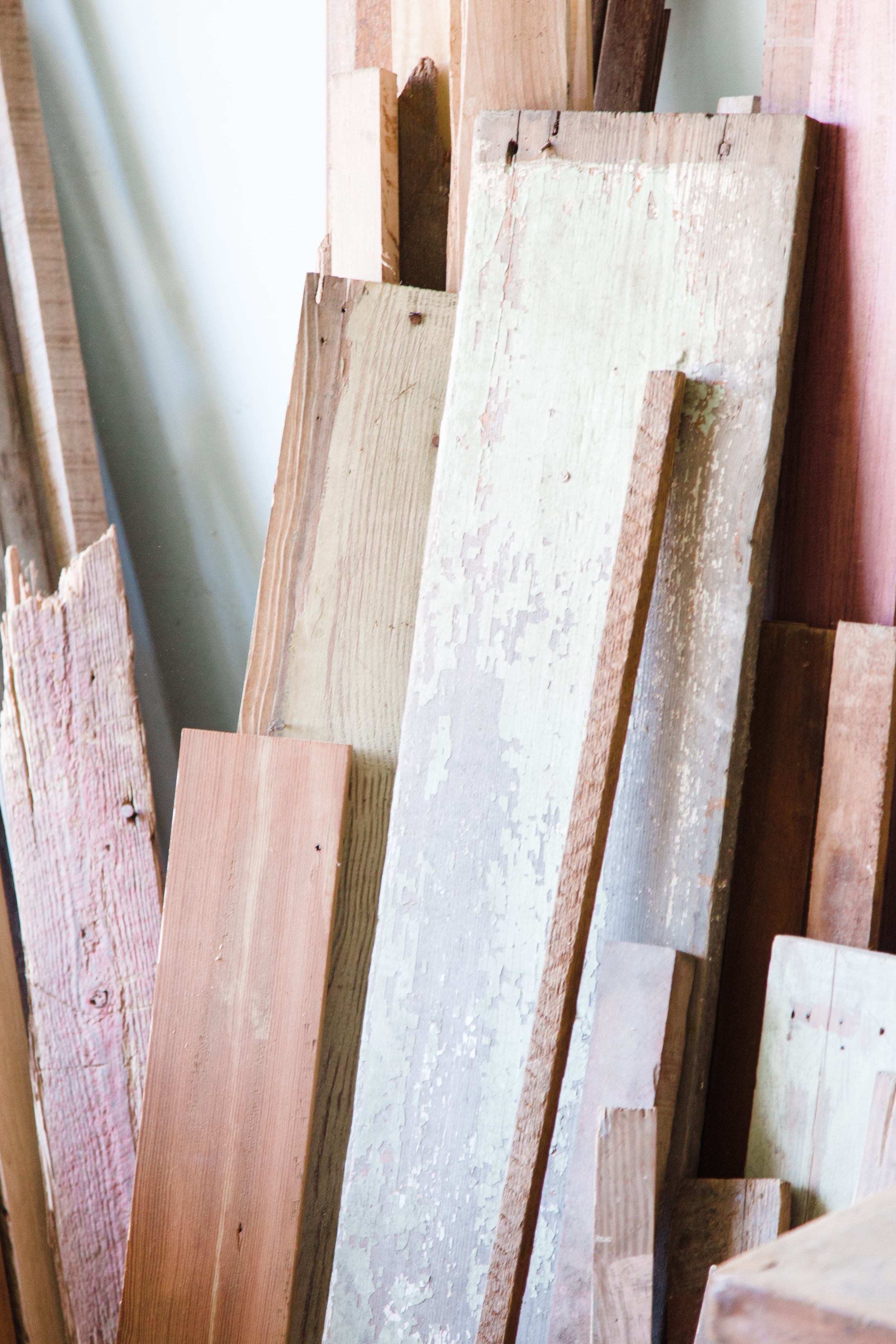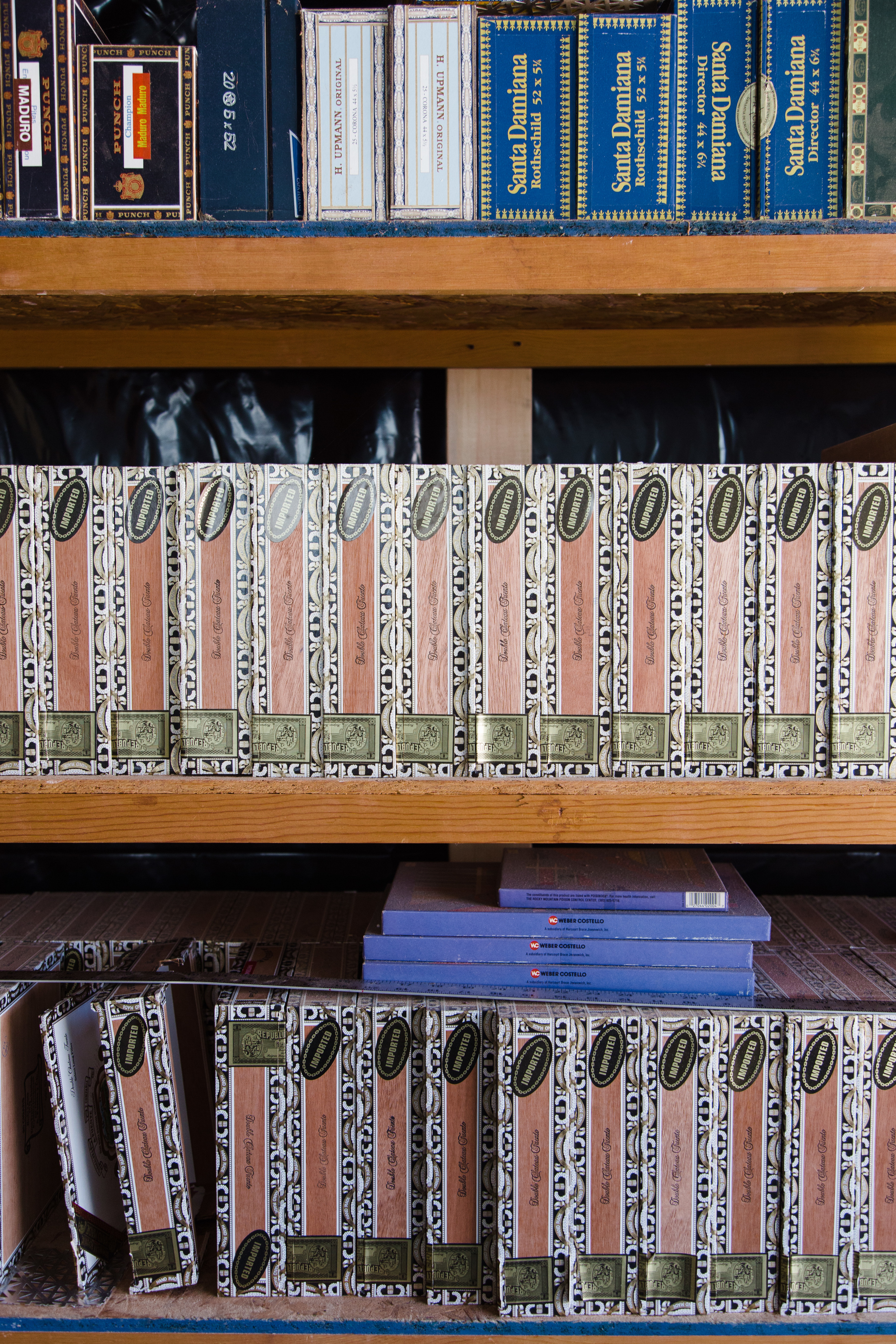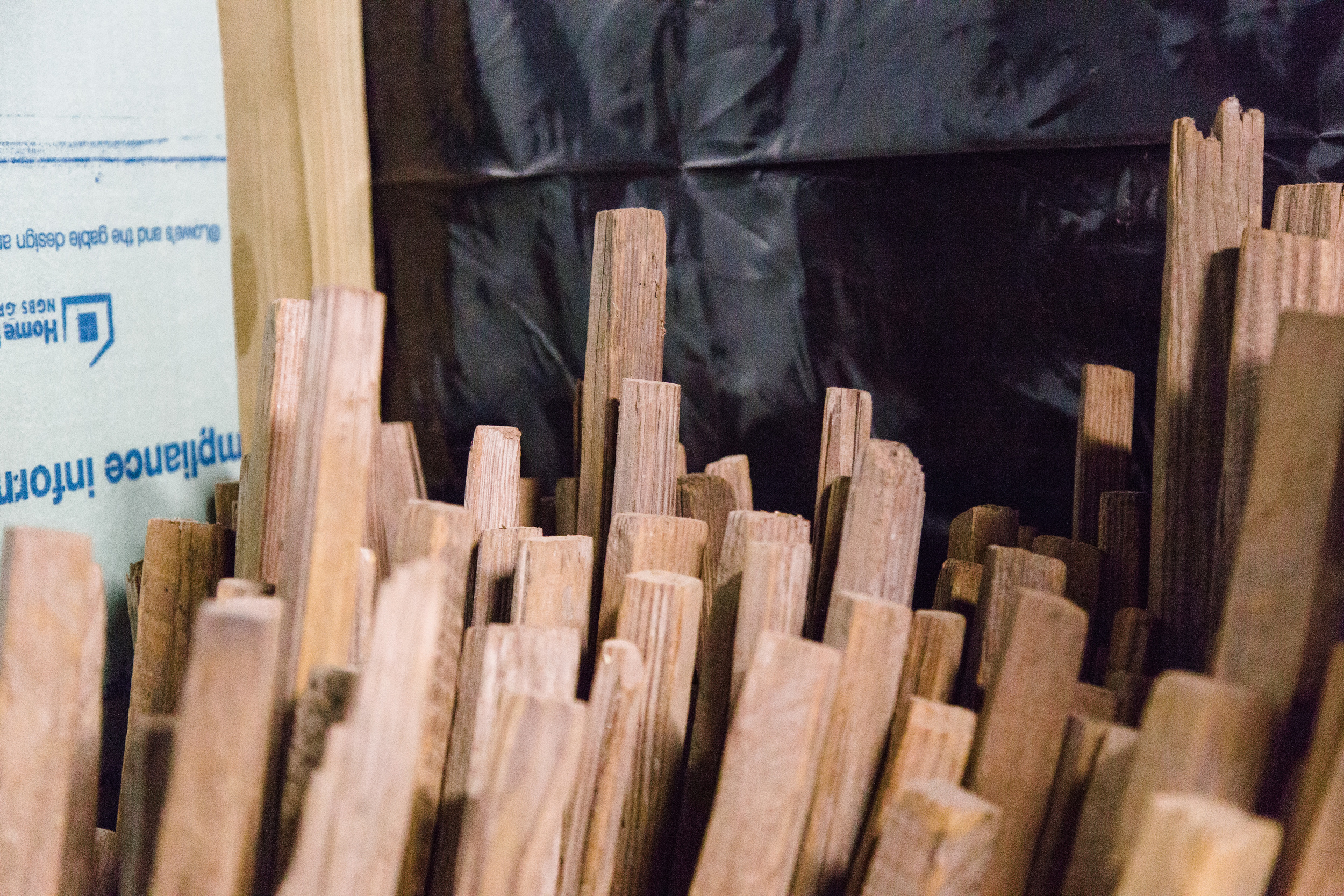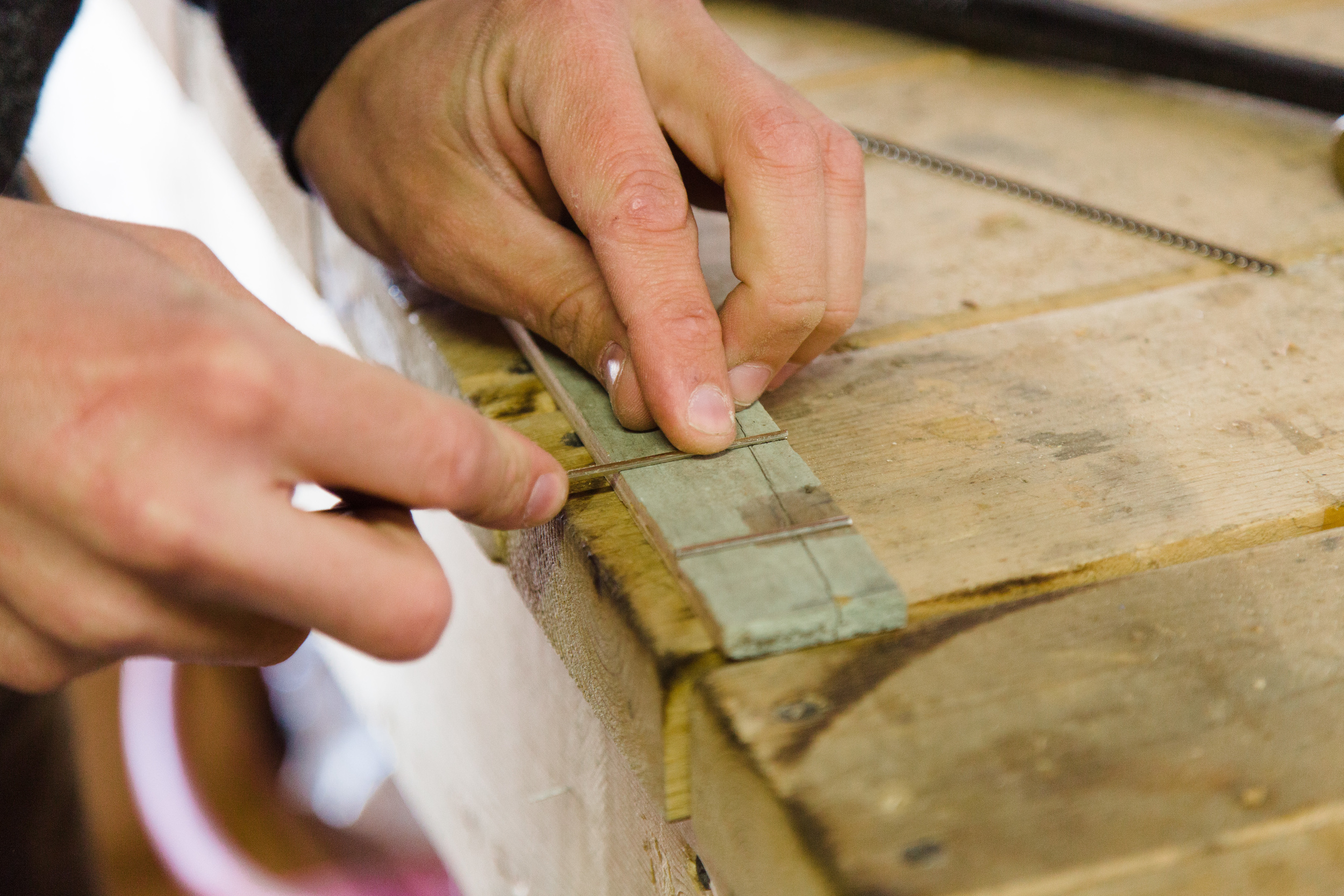Cigar Box Guitars
/Story by Ryan Stancil Visual Media by Baxter Miller
“I have never found anything more deeply soulful than Robert Johnson,” Eric Clapton once said.
Robert Johnson was born in 1911 in Mississippi. Legend has it, he wanted to be a blues musician so badly that he made a deal with the devil. As the story goes, when Robert was a young man, he and the devil met at a crossroads at midnight. There the devil tuned Robert’s guitar in exchange for his soul.
Deal or no deal, Robert mastered the instrument. He played the guitar like nobody’s business, and he is remembered as King of the Delta Blues. We in fact know very little about Robert’s life. His past is shrouded in mystery. Only two, maybe three, confirmed photos of him exist, and he recorded but 29 songs during his life. He died unexpectedly in 1938 when he was only 27. From poisoning to jealous husbands to syphilis, the broad and unrestrained rumors surrounding his death are as hyperbolized as the origin of his talent. Perhaps, it was the devil collecting his due.
Here’s what we do know: Robert Johnson was a black southerner and a product of the Great Depression. His life was filled with tragedy. He grew up in a broken household with little money. After high school he lost two wives in childbirth and became an itinerant musician — all powerful experiences that influenced his soulful, lonely, longing music. His deft ability to simultaneously play a song’s melody and rhythm influenced the next generation’s greatest guitar players: Eric Clapton, Bob Dylan, Jimi Hendrix, and Keith Richards.
The legend of Robert Johnson has been amplified, romanticized, and mythologized, at times overshadowing his innate artistry. Despite the dearth of biographical information, history tells us that we can reasonably assume where Robert Johnson’s musical career began. Before he changed the course of music history, Johnson likely learned to play music using a single string.
During the Depression, when resources were scarce for all, but particularly for black southerners, many poor Americans learned to play music on a primitive one-string instrument, more formally known as a diddley bow. Inextricably linked to the blues, the diddley bow permeates the music of the Mississippi Delta. Southern Studies scholar Bill Ferris says, “The instruments that virtually every blues singer grew up with were the one-strands on a wall made from a broom wire that was stretched between two nails or stones and plucked to give a melody. [It is as] basic and inexpensive and essential of an instrument as you can imagine.” Some of the greatest blues musicians, including B.B. King and Muddy Waters, first learned to play on the one-strand.
More sophisticated homemade instruments — like the cigar box guitar — with more strings and actual resonators, evolved from the one-strand. The first documented cigar box instrument dates back to an 1876 Civil War illustration of a soldier playing a cigar box fiddle. Despite its technological advancement, the purpose of the cigar box guitar — an instrument built inexpensively from found objects, namely a cigar box that functions as a resonator — is the same as a diddley bow. “So, when we move from the one-strand to multiple strands with a cigar box, we are essentially taking a step up in complexity, but it is still free. These are found instruments — the box, the strings. So you are starting with the simplest, least expensive, most basic instrument, to give you the music of survival — which is what the blues is all about,” says Bill.
“You can see 20th and 21st century music is deeply anchored in the one-strand on the wall. And this is why understanding blues roots and musical roots in the South, is the key to understanding popular music all over the world. The cigar box guitar and the one-strand are really the building blocks on which modern music has been erected,” says Bill.
These primitive instruments are symbols of the most basic, universal human desire to create. They may not be as widely known today, but they persist, not as a novelty, but as highly coveted instruments that produce a deeply authentic and raw sound straight from the past.
“The people who want cigar box guitars don’t want just your standard guitar. [They] have a standard guitar. [They] don’t want a guitar that just looks different. [They] want a cigar box guitar as an instrument,” says David English of Black Owl Guitars in New Bern. David represents a resurgence, a new frontier for cigar box guitars.
David started building cigar box guitars in 2010. He isn’t a formally trained luthier and doesn’t herald from a musical family, though he's been playing the guitar since college, almost two decades. David says, “I picked up [a guitar] in a dorm room. I started playing and that’s how I learned. I was always big into the Oldies. I always listened to my dad’s records, 45s, like Deon and the Belmonts, and that’s really how I taught myself how to play the guitar ... I don’t read music. I’m not formally trained. Everything is by ear. I played all through college. Music became very important to me.”
A decade after picking up his first guitar, boredom, fate and Youtube would change the course of David’s life. He recalls, “Back in 2010, I don’t know what was going on, I don’t know if I was bored or what. One night, I saw a video on Youtube of a guy, Kip McKay, he makes all kinds of all weird stuff, out of weird stuff... there was a video where [he] had taken a cardboard cigar box, a stick, and put some kite string on it. And he started making noise. It didn't really sound like anything. But I went, ‘I wonder if anybody’s done that with real strings on it before?’ Well, another quick internet search and I found the world of cigar box guitars and homemade instruments.”
He joined a cigar box instrument forum and started asking questions. Then, David says, “I gave it a quick whirl and it worked! I just grabbed a piece of wood and put one together.”
David started taking the guitar he built and a stool — the same stool he broke his toe on when he was two and that he learned to play guitar on in college — to play music on the sidewalks in New Bern’s historic downtown. He’d pull out his cigar box guitar and people would gather around. David says, “People hadn’t heard that sound before.”
Soon, passersby started asking David to build them one. He kept asking questions on the forum. He watched countless videos. He read every book he could find. He kept learning and he kept building. The instruments got better and better.
What started as hobby for David has grown into a small-scale commercial enterprise. Today Black Owl is producing cigar box guitars, ukuleles, banjos and dulcimers and the products are available in stores across the state. To date he has made over 500 instruments. In December, David delivered 16 custom instruments to Nashville singers and songwriters including, Tim McGraw, Ronnie Dunn of Brooks and Dunn, and Grammy award-winning songwriter, Craig Wiseman.
Each instrument is made by hand and crafted using recycled material. The degree to which his instruments adhere to the tradition of using truly found objects is incredibly important to David. “I can easily go buy this lumber at Lowes, cut it, and make it look old and I could call it vintage. But the very roots of the cigar box guitars are that they are found objects,” he says.
David’s workshop is a time capsule of eastern North Carolina artifacts. As David looks around the shop, he points from one organized section of materials to the next, saying “That tobacco stick is 75 years old. These are bullet casings my son and I found in the Croatan Forest. That closure is just an old hinge from a cabinet. This wood here is from 1910, from a potato barn in Arapahoe. This oak was deadfall from Hurricane Irene. That’s a license plate from a 1966 farm truck. Look at that old cookie tin. Here’s a 1950s Pepsi cap. That’s piece has original paint from a barn out of Vanceboro.”
Gazing across the instruments he’s made, David says “I’m a storyteller. I like telling stories. The pieces off these guitars are historical. And I like that. That’s why I use the pieces that I do. Each instrument has a story. Each instrument has its own unique story. I feel like when I walk up with one of these instruments, I’m telling its story.”
While honoring history, Black Owl’s instruments aren’t stuck in antiquity. For consistent quality, David uses new fret wire, strings and tuners in his designs. “I try to keep very true to the craft to a point and then give it an update to where you aren't playing this piece of screen wire but actually playing a guitar string. I get to use all these piece and feel like I’m at least saving a little of the junk that people are tossing,” says David.
David’s excitement and enthusiasm for these homemade instruments is palpable. “Honestly, it is just a stick in a box. But it so much more than that. It is a history too. It is the history of the music you are listening to on the radio. And you wouldn’t have had some of these guys like Eric Clapton playing some of the stuff he plays without the guys who came before him. And that’s the real deal. That’s why it’s more than a stick in a box.”
Today’s cigar box guitar resurgence is an indicator of a broader movement in the South to reconnect with our roots in new ways.
Bill Ferris sees the revival of the cigar box guitar as an example of how “the southern cultural worlds of food and music are being recycled and revisited by the young generation,” a movement exemplified by nouvelle southern cuisine and the reemergence of old time music from the likes of The Carolina Chocolate Drops, The Avett Brothers and Leon Bridges. Bill says, “You’re finding young musicians and musicians of all ages, and of all levels, reconnecting and embracing the roots music. It’s a powerful sound that cuts across all levels. The cigar box guitar is a good example of how that music has a universal appeal. By returning to the past, we can reinvent the future.”
David, who also plays in a band that performs old-time music, is a part of a long line of self-taught southern artists guided to his art through intuition and the innate need to create. He says, “People are inspired by music. They are moved by music. Music makes you happy. It makes you sad. It’s a very powerful thing. Without it… you know, we’d survive. But gosh, can you imagine a life without music?” For David, like so many before him, the drive to make music is essential. It’s in his heart, it’s in his soul, and it’s in his cigar box guitars.


